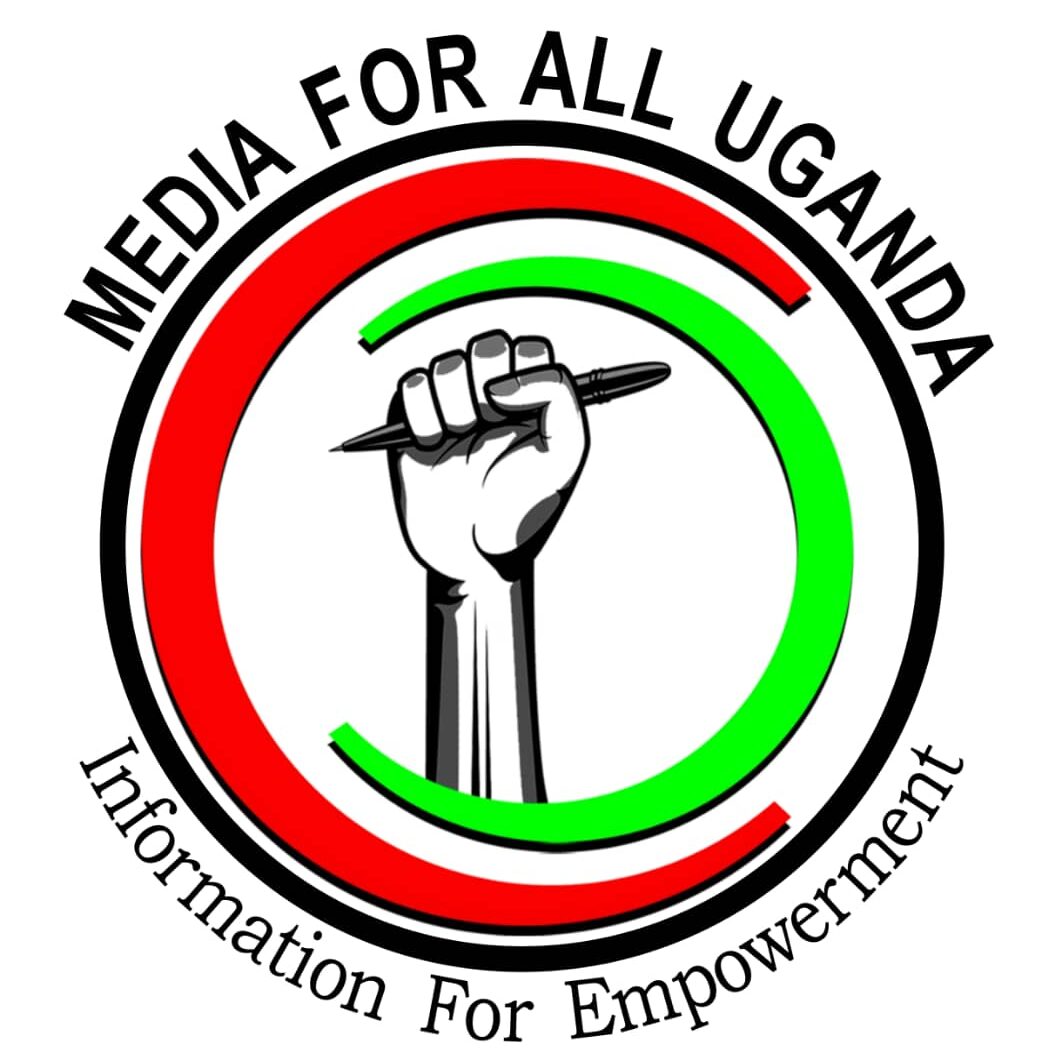THRIVING ON THEFT: WHO IS AIDING FUEL SMUGGLING IN WEST NILE?
By Bazio Doreen.
Government loses about shs 3 billion daily in fuel taxes across the country, according to a 2023 report by the Uganda Revenue Authority (URA), with a significant portion of the illegal trade attributed to the West Nile region.
The illegal trade persists due to the region’s proximity to the Eastern Democratic Republic of Congo (DRC) and South Sudan (SS), despite government efforts to curb it.
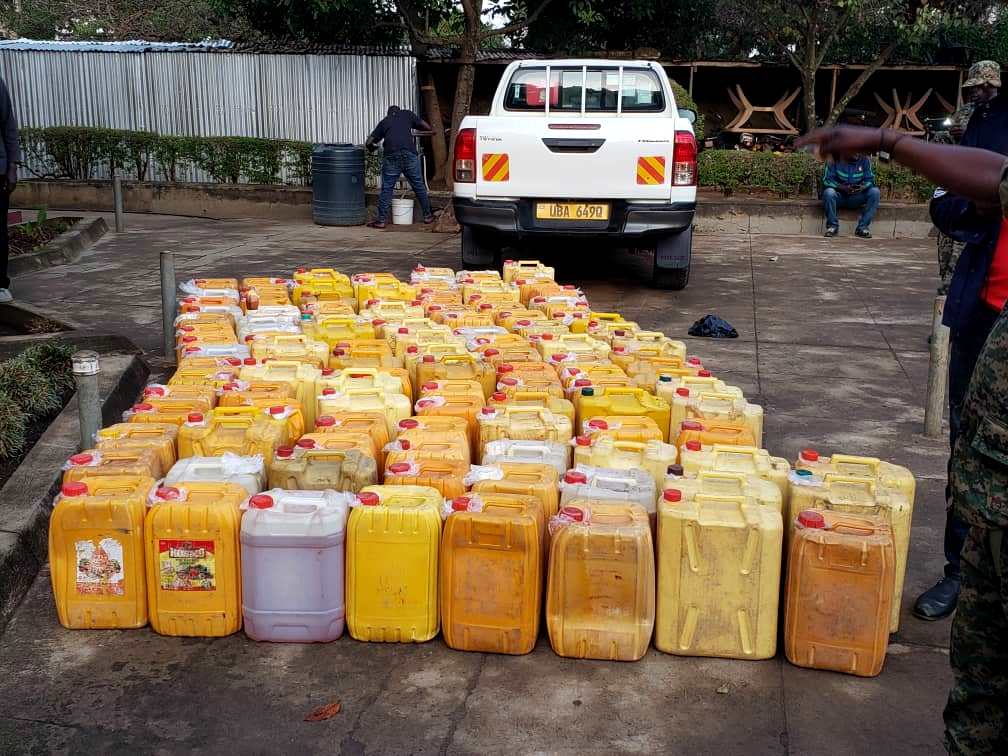
Since the 1990s, fuel smuggling has been a lucrative, though an illicit venture in West Nile’s 13 districts, blurring the lines between legality and survival. Some view it as a coping mechanism for a region that feels marginalized. The practice originated with Ugandan exiles in DRC, the “Opec Boys,” following former President Idi Amin Dada’s ouster in 1979, establishing trade networks that lasted until the late 2000s.
When Idi Amin, a West Niler was ousted from power, the residents of West Nile feared revenge and fled to eastern Congo and southern Sudan (former Sudan). After initiation by the “Opec Boys”, upon return from exile, smuggling then constituted an important livelihood for many during the returnee period, and laid the basis for contemporary trading networks and practices that we see today.
In a region with a history of rebel groups, smuggling is seen as an important stabilizing factor, allowing for the voicing of discontent through trading activities rather than illegality. However, beyond the illegal trade, smuggling is now having an impact on education, security, road safety, and crime/violence in most West Nile districts, especially Yumbe, Arua, Adjumani, and Koboko. Similarly, the trade is now also a livelihood and fall back business for many young refugees in settlements next to the Ugandan border.
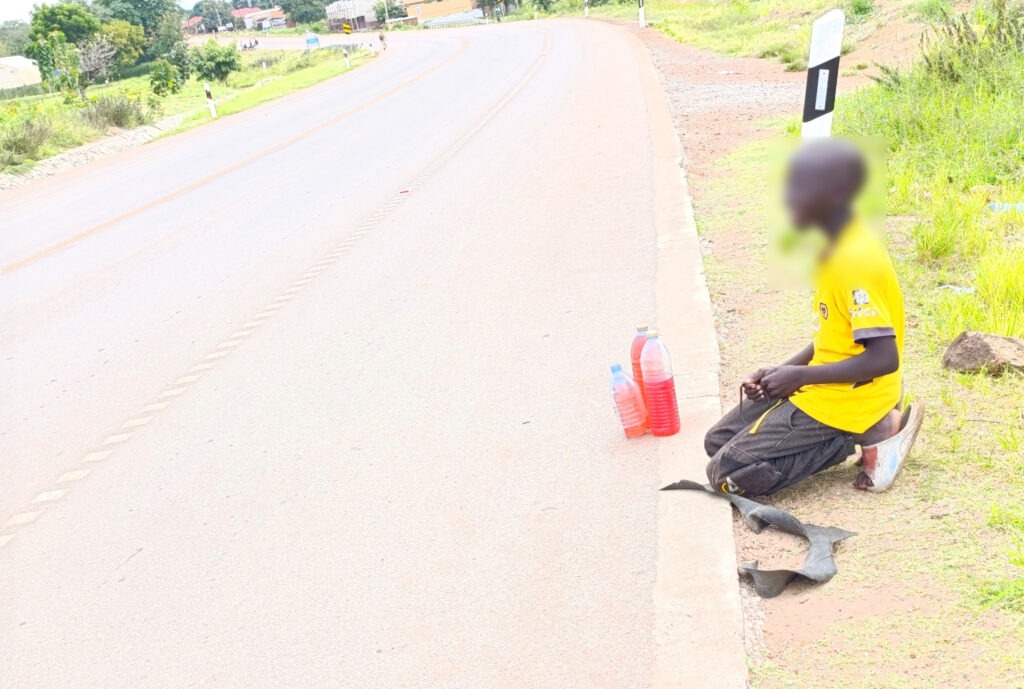
The Risk.
In May 2025, Adjumani town was plunged into chaos as a joint enforcement operation led by the Uganda Revenue Authority (URA) turned violent, clashing with suspected fuel smugglers in a dramatic confrontation with live bullets that left parts of the town deserted. Later, in June 2025, a notorious smuggler said to be a Ma’di by tribe but based in Elegu (border Town with South Sudan) was allegedly knocked dead by a URA vehicle in Amuru during a chase.
In 2021, Kassim Ayo, a 13-year-old boy in Koboko died attempting to salvage smuggled fuel from a burning house. Later in February 2022, riots erupted in the same town as URA was pursuing a smuggler who was reportedly carrying 320 litres of fuel in sixteen 20-litre jerry cans from the DRC. Protestors set the authority’s offices on fire after tax collectors allegedly hit and injured a suspected fuel smuggler. During the riots, one person was shot dead and several others wounded.
Similarly, in September 2021, the community in Arivu Sub County in Arua District blocked the Arua – Nebbi highway after UPDF officers attached to Uganda Revenue Authority shot dead a salon operator and shuttered the arm of a lady. The deceased identified as Bosco Jurua, a salon operator at Arivu trading center was shot using a machine gun by an officer attached to URA during an operation to impound numberless motorcycles.
The Business Model.
While the obvious key players in the illegal trade are the fuel smugglers, there are other critical players – the middlemen/brokers who are charged with transportation or linkage, and the scouts commonly known as “surveyors” who are charged with coordination or surveillance at a cost of shs 20,000/= per trip. However, fuel is not the only commodity that is usually smuggled; many of the smugglers also deal in cigarettes, biscuits, and cooking oil. The average capital for starting the business is shs 500,000/= to shs 700,000/= and thereafter a profit of between shs 1,500,000/= and shs 2,000,000/= per month.
Notably, in areas where smugglers meet brokers, strangers are not allowed unless introduced by a trusted member, ensuring that spies from URA or local authorities do not infiltrate their operations. This insight into the business model was gained through interviews with contacts within the smuggling network.
In Arua which has since achieved a city status, fuel is smuggled from petrol stations in Aru and Ariwara Towns in DRC where it is sold from as low as shs 3,500/= compared to Uganda price which keeps fluctuating slightly below or above shs 5,000/=. The smuggling is mostly done by the youth who work for established business people before some moving on to start their own. The fuel is transported by road through porous points or canoes on Lake Albert through Mahagi and Paidha routes.
On the other hand, in Adjumani and Koboko Districts, the fuel is smuggled from South Sudan towns of Nimule and Kaya respectively. Just like in Arua, it is done by both road and the boats. In Adjumani, the 2 boats operate once a day and twice a week. Orders are taken at 6:00am and 10:00am and goods are delivered at 12:00pm and 4:00pm respectively.
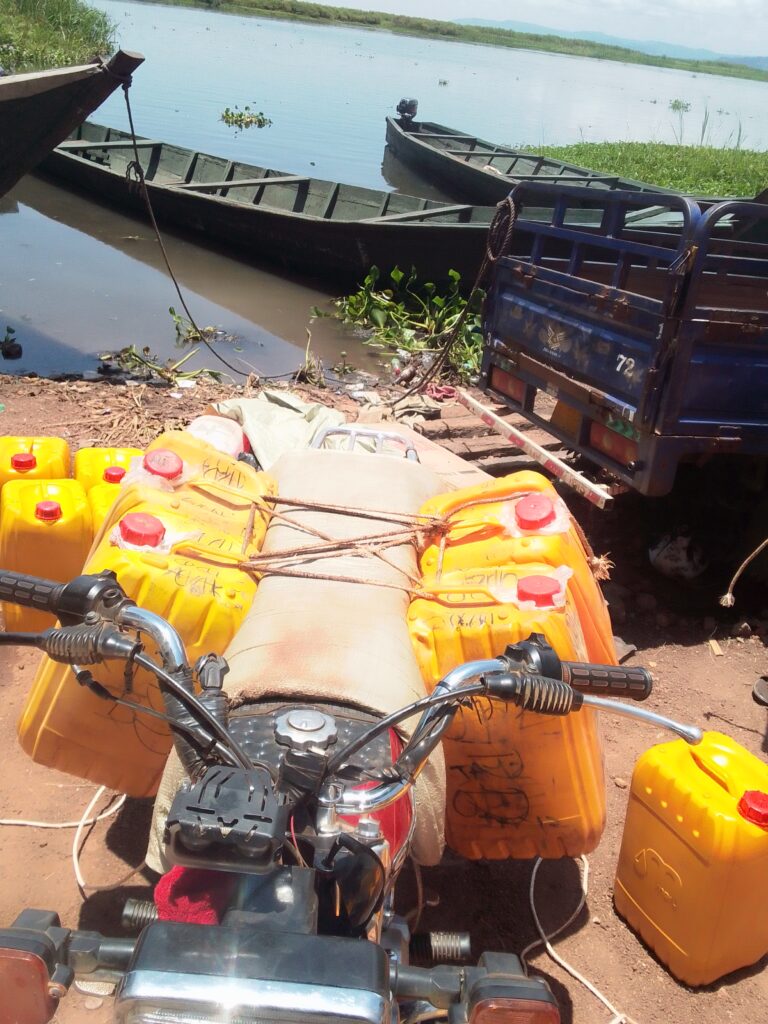
According to Onzima Siraj (not real names), 22, a fuel smuggler based in Nyumanzi Settlement, Dzaipi Sub County – Adjumani, each boat carries about 50 – 100 jerry cans of petrol depending on the orders. Each smuggler pays a clearance fee of shs 3,000/= and a transport fee of shs 2,000/= per jerry can when they arrive the designated landing sites.
Siraj added: “Most smugglers order between 10 – 30 jerry cans per day. The jerry cans of petrol are bought for shs 71,000/= from South Sudan and sold at shs 85,000/= to retailers”.
With profits from a business requiring no formal education or training, many smugglers have acquired land, built homes, and purchased other assets. Interestingly, despite the illegality, social groups, including surveyors, smugglers, and retailers, have formed and meet regularly to share ideas for improving their business.
What Is at Stake?
Previously, the known risks have been the poor road terrain which poses accidents to both the smugglers and pedestrians due to over speeding and reckless driving; dodging and bribing responsible authorities; and fire accidents when the fuel explodes – coupled with the huge revenue loses made by the government.
But now, there is a worrying concern on the toil of the business as many petrol stations are being pushed out of business while at the same time many students are dropping out or missing school.
We spoke to a 19 year old fuel smuggler based in Koboko, who noted that although it is a risky business, at least it allows him to provide for his siblings.
“Sometimes the road is not okay and even the forces can attack you, beat you and sometimes they can collect all the jerry cans of fuel, take the motorcycle, and demand for shs 1.2 million. I have been attacked twice and they collected all my items. But I have to continue because I have to take care of my brothers since my parents divorced. I left school when I was in Senior Two. We also use part of the money for farming. I started by selling someone’s fuel by the road side but with time I got my own motorcycle after saving some money for capital. At least I now get shs 12,000/= as profit from each trip,” he revealed.
However, the authorities have warned against this move of young children joining the business arguing that they not only miss out on school but risk their lives. They have since warned that any child found on the streets selling fuel will be arrested and their parents would as well be picked to answer. But it is not only the education sector crumbling, the energy sector has also received its own share of the negative impacts of the illegal business.
This illicit activity not only undermines revenue collection but also disrupts the operations of petrol stations. High fuel taxes in Uganda force petrol stations to raise prices, making smuggled fuel, which is often cheaper and of better quality, a more attractive option. For instance, in Koboko, two petrol stations have already closed, and many managers have reduced employee salaries or laid off staff due to declining sales and tax difficulties.
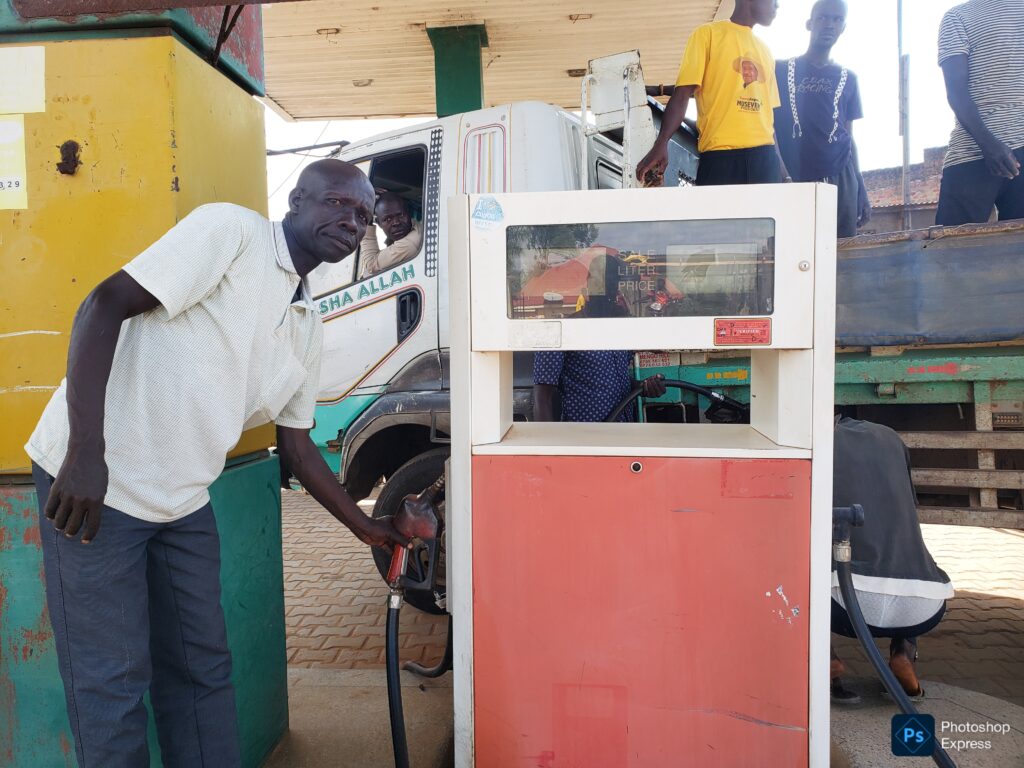
Florence Adiru, the Acting Manager – Hass Petrol station based in Koboko says they have drastically lost customers and workers which impacts the business.
‘’The issue of smuggling is really affecting the business, even you can see, we are just here staying, there are no customers. By then we used sell thousands of liters and the least we could get was shs 700,000/=, per day but now days it is even hard to get shs 400,000/=,” Adiru explained.
Who Is Aiding the Trade?
But perhaps communities too are contributing to this unemployment. Emmy Mitala, the Chief Whip of Resident District Commissioners in West Nile, says that the illegal fuel trade is facilitated by the communities that protect smugglers and yet they expect government to collect enough taxes to provide quality social services for them.
“We protect smugglers who make government lose billions each day but we are the same people demanding for better services. People want salary enhancement, social services, health care, good roads, teachers have laid down their tools but if government fights smugglers, we gang up against it,” Mitala said.
Similarly, Michael Masereka, the District Police Commander – Koboko, says that the smuggling business is done with a lot of impunity especially by influential business men.
“They do the smuggling openly and enforcing it becomes difficult because some of the local leaders grew in this area and some of the wealthy people in the area are as result of smuggling so, enforcing it is hard. You see young boys selling this fuel but it is not theirs,” Masereka said.
However, it is also worth noting that bribery and corruption by authorities is very prominent and crucial in aiding the trade. Some of the officers are poorly remunerated and thus use the illegalities as a survival mechanism.
“When I was caught in April this year, I pleaded with the Policeman to release me and he did so only after I paid shs 20,000/=. It was my first time to be caught. When you run away, you lose your commodities and incur loses,” Siraj a fuel smuggler based in Adjumani said.
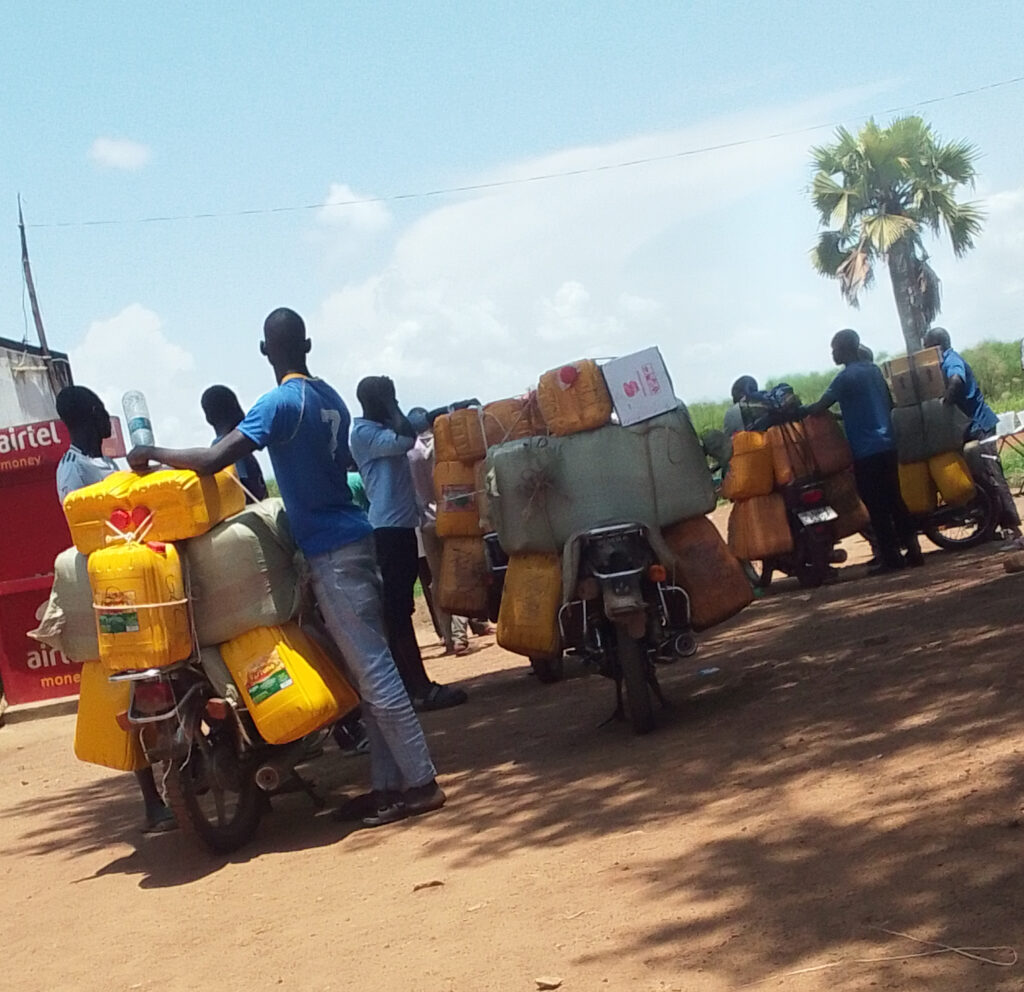
Meanwhile, Hon. Alfred Okuonzi, the District Chairperson – Arua, notes the need for innovation in enforcement by URA and authorities in place.
“URA should change to a friendly approach to educate smugglers and engage them in tax education and its benefit other than harsh means which causes more destruction,” Hon. Okuonzi advised.
What Can Be Done?
But, Godson Mwesigye, the Assistant Commissioner in the Customs Department, says that URA alone can’t manage the tax education. There is a need for all leaders at all levels to get involved in sensitization and ensure that the converted now join genuine businesses. Mwesigye also says that due to smuggling, a number of lives have been lost both from the communities and enforcement officers. This risk he notes is criminal and punishable before the law.
Meanwhile, Mwesigye also observed that URA has increased enforcement to impound smuggled fuel which has in turn boosted business for genuine petrol station owners in the West Nile region generating direct revenue to the government.
On his part, Asiku Abdulmutwalib, the Yumbe District Chairperson, has also tasked the government to close the illegal and porous border routes to curb the illegal entry of fuel and increase custom points. He wants more access routes to South Sudan and Congo.
Similarly, Ladu Peter, a refugee leader in Adjumani’s Pagirinya Settlement, has urged the Office of the Prime Minister (OPM), to conduct regular tax education for the refugees since the illegal trade is facilitated by the porous border points. Ladu says with the reduced food ration by World Food Program and decline in funding for refugee response/development, fuel smuggling is now on the increase in the settlements.
Meanwhile, in 2023, Uganda and South Sudan customs authorities signed agreements to strengthen the fight against the smuggling of fuel and cigarettes through the porous border, but this has continued. In 2024, West Nile districts were also urged to formulate ordinances and bylaws, but there is no evidence that this has been done by any district.
According to the Ministry of Energy and Minerals (March 2024), Uganda has about 4,942 retail fuel selling points and consumes 6 million liters of fuel daily but this has since declined by 10% (20 million liters) monthly. The Petroleum Supply Act of 2003 provides for the supervision and monitoring of the importation, exportation, transportation, processing, supply, storage, distribution, and, marketing of petroleum products in the country. The act further prohibits the sale of fuel in Jerry cans.
However, the illicit fuel trade has not only continued but authorities seem to have lost the fight. Meanwhile, on one hand, enforcement has been left to the authorities, while on another we are aiding the smuggling when we consume this roadside illicit fuel and protect the smugglers – all this while expecting the government to collect enough taxes for quality access to social services.
Therefore, it is imperative that all stakeholders in West Nile embrace the role they play collectively to complement government efforts as the communities give more priority to fighting the risks involved than the benefits of a cheaper offer.
This story was published in partnership and with support from African Centre for Media Excellence (ACME).
END.
